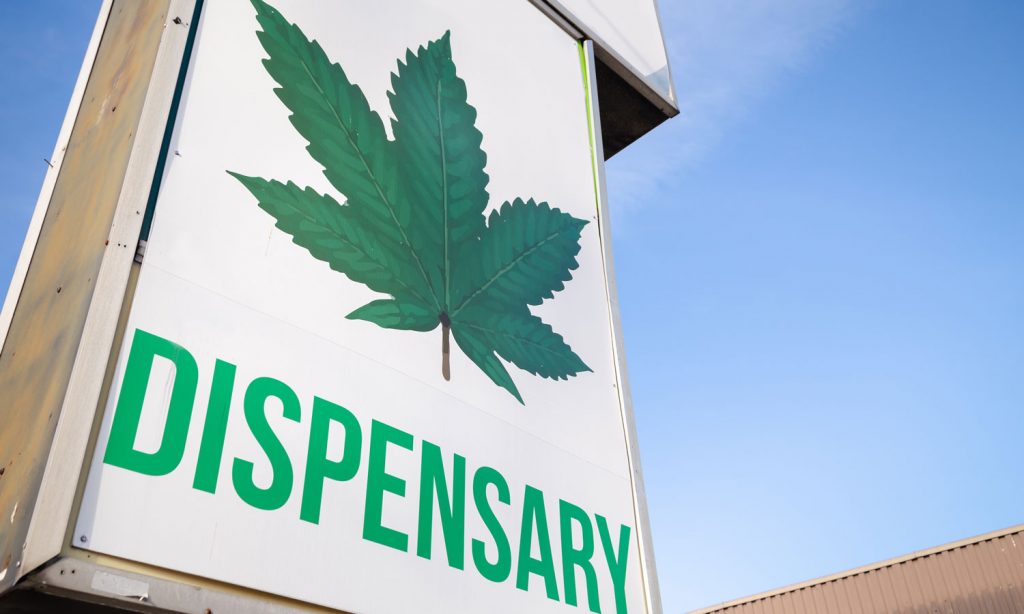Despite the varying policies and confusing rules, cannabis businesses continue to generate significant tax revenue in various states during the pandemic.
The coronavirus outbreak has prevented most businesses from remaining open for the foreseeable future, slamming local economies and devastating state tax revenue.
This grim scenario should be enough to convince states that were previously anti-cannabis to change their tune, according to David Hess, the co-founder of investment firm Tress Capital.
“Whereas several years ago some debate was possible, there is now indisputable data that state legalization equals job creation and tax revenue,” Hess told Benzinga. “Cannabis is simply one of the few sectors that governments can identify where with the flick of a legal switch, revenue and employment can be found.”
In certain states, medical cannabis is legal. In others, it’s available for recreational use as well. But the drug remains federally illegal and will likely remain that way so long as President Donald Trump is office.
Despite the varying policies and confusing rules, cannabis businesses — per Benzinga’s coverage — continue to generate significant tax revenue in various states, including Michigan joining Alaska, California, Colorado, Maine, Massachusetts, Nevada, Oregon and Washington.
RELATED: Marijuana Sales Have Leveled Out Post-Coronavirus Bump
Virutally every industry has come to a halt due to the pandemic, and they will likely remain that way since social distancing quidelines and other quarantine measures have been extended to the end of April. Many cannabis companies, however, have remained open and put various delivery and drop-off services into action to abide by county and state rules.
The Washington State Liquor and Cannabis Board, for example, is allowing curbside pickup for green card holders, while limiting the number of people inside a store at once. In Nevada and other states, cannabis dispensaries were not listed among the “non-essential” services in any risk mitigation guidelines.

Turns out, social distancing is driving cannabis demand.
As a result, legislatures that had not considered legalization are more likely to do so now than before, Hess explained.
“In New York, for example, conservative estimates have shown legal cannabis would bring over $1 billion in tax revenue per year,” he said. “Given New York’s COVID-19-induced financial crunch, cannabis seems like an obvious item to add to the list of levers to pull for capital.”
RELATED: Marijuana Legalization Could Get A Boost Post Coronavirus
California has raised $1 billion in cannabis tax revenue since January 2018. Colorado’s cannabis tax revenues generate hundreds of millions annually.
“This is simply one of the go-to areas to find tax revenue and jobs,” Hess said.
It remains to be seen how quickly states will, or are able to, act. MJBizDaily reported last week that cannabis ballot initiatives across the U.S., including a recreational initiative in Ohio and a medical marijuana petition drive in Nebraska, have stalled as petition drives go on hiatus due to stay-at-home advisories put in place to prevent the spread of coronavirus.
As a result, pot enthusiasts have not been able to collect enough signatures ahead of official deadlines.
This article originally appeared on Benzinga.


